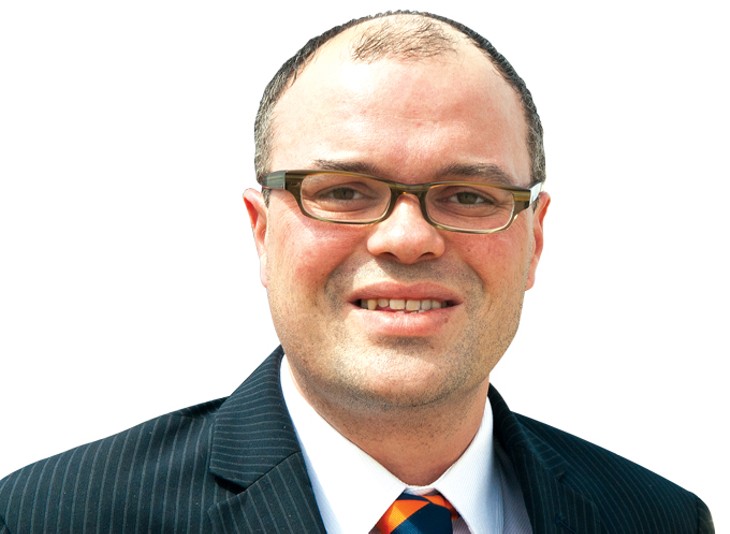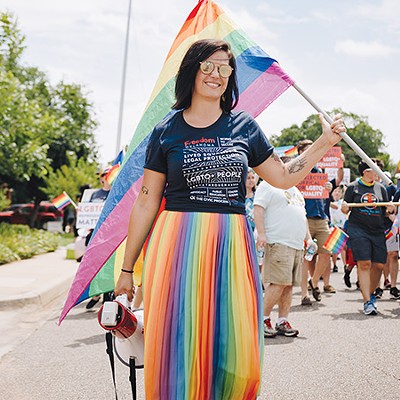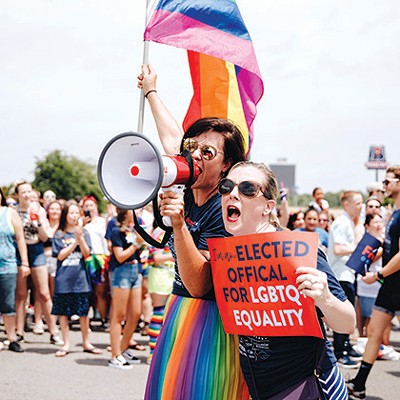Four months after the freedom to marry became law for all Oklahomans — and for over 70 percent of the nation — it is easy to believe that discrimination against the lesbian, gay, bisexual and transgender (LGBT) communities is now relegated to history’s dustbin.
However, as the events of the past week articulate, this is not our reality.
In a short week that saw a historic number of anti-LGBT bills introduced into the Oklahoma State Legislature — many more than any other state in the nation — it was easy for even avid LGBT news followers to miss an important piece of research from University of California, Los Angeles’ (UCLA) Williams Institute. The report, Employment Discrimination based on Sexual Orientation and Gender Identity in Oklahoma, described how far Sooner state residents are from full and lived equality.
LGBT Oklahomans are excluded from protections offered to other minority groups, as our Legislature has yet to add the LGBT community to existing anti-discrimination laws or create new ones. That said, 68 percent of state residents support adding such protections. Also, 78 percent of the UCLA report’s respondents believe the LGBT community experiences on-the-job harassment and discrimination. Several municipalities do offer protections for city employees via local ordinances; however, these cover 1 percent of the state’s LGBT workforce.
About 4 percent of the American workforce, including more than 62,000 Oklahomans, identifies as LGBT, the study showed. In an example of unfair employment practices, the study revealed that on average, gay male workers are paid 23 percent less than their straight male counterparts. This is far from the stereotype, but reality often is.
In fact, other community members have it worse. Seventy-eight percent of transgender residents report workplace bias, harassment and intimidation, and 47 percent report hiring, promotion and job retention barriers due to their gender identity or expression.
As is often the case, private employers adapt more quickly than state government when it comes to protecting their employees. Chesapeake Energy, Devon Energy, OG&E and ONEOK are a few examples of Oklahoma-based employers that provide protections. Many state universities do as well. Why are private and education sectors here so far ahead of state and municipal governments? Why do they regulate themselves when they don’t have to?
The answer is simple: Being inclusive is good for business.
Academic research shows that employees of these companies and schools have greater workplace commitment, satisfaction and relationships. The lack of such policies shrinks talent pools and denies employers highly qualified applicants who — regardless of orientation or identity — will not work at companies that lack enumerated equal opportunity policies.
In essence, the lack of employment protection for 62,000 LGBT here damages our state, the UCLA study concluded. It’s bad for business, and it goes against the will of the people.
Troy Stevenson is executive director of Freedom Oklahoma.
Print headline: Discrimination exists













